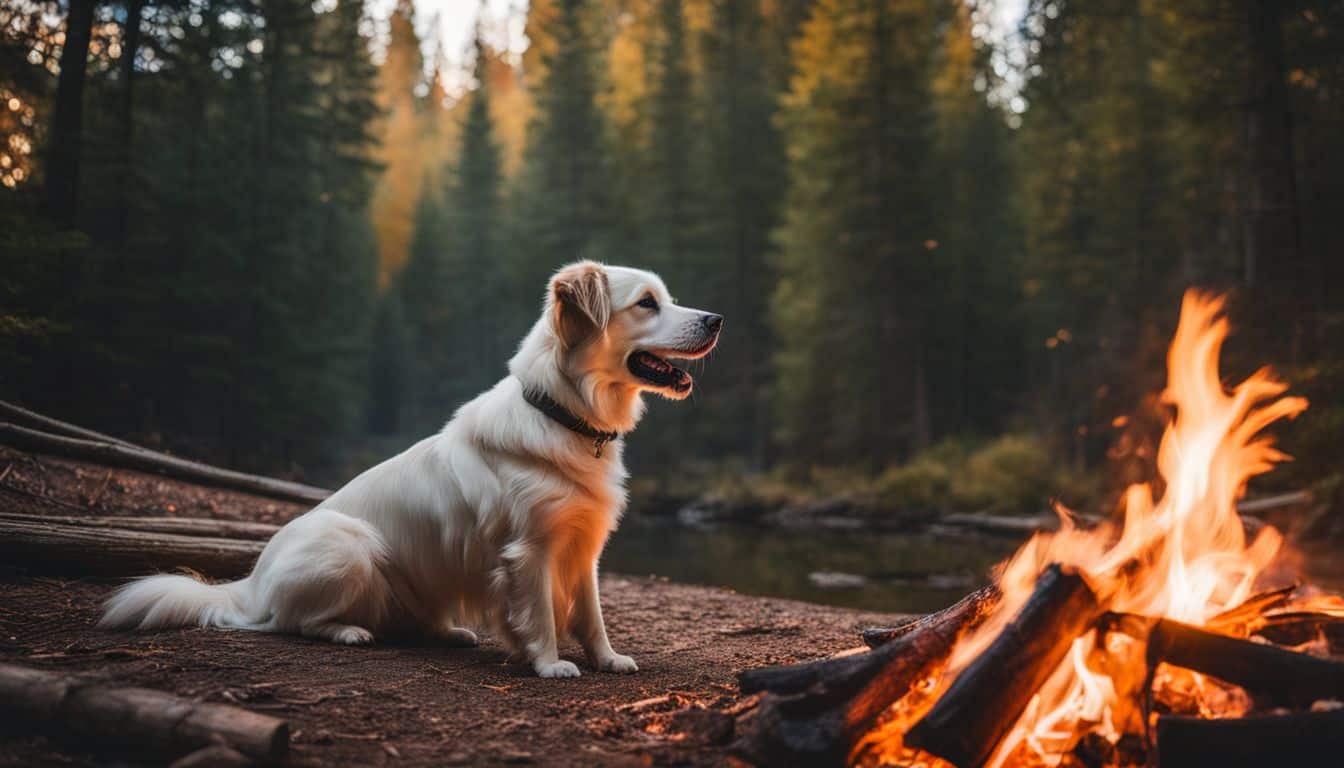Camping is a wonderful way to escape the daily grind and immerse yourself in the beauty of nature. However, as more people discover the joys of camping, it’s crucial to understand and practice good camping etiquette. By following a set of guidelines, we can ensure that everyone has a positive experience and that our natural spaces remain pristine for future generations.
Table of Contents
Leave No Trace
Pack it in, pack it out
Always bring a trash bag and dispose of your waste properly, either in designated bins or by taking it with you when you leave. This includes food scraps, packaging, and any other litter you generate during your stay. By leaving no trace, you help maintain the natural beauty of the campsite for others to enjoy.
Minimize campfire impact
Use established fire rings or pits whenever possible, and keep fires small and contained. Burn only wood that is already on the ground, and make sure your fire is completely extinguished before leaving the site. This helps prevent wildfires and preserves the natural environment.

Respect wildlife and plants
Observe animals from a distance, and never feed them or leave food out that might attract them to your campsite. Stay on designated trails to avoid trampling vegetation, and refrain from picking flowers or disturbing natural habitats. By respecting wildlife, you contribute to the delicate balance of the ecosystem and ensure a thriving natural world for future generations.
Be Considerate of Others
Respect quiet hours
Most campgrounds have designated quiet hours, usually from 10 pm to 6 am. Keep noise levels down during these times, and be mindful of your neighbors who may be trying to sleep. This allows everyone to enjoy the peace and tranquility of the outdoors.
Maintain a tidy campsite
Keep your campsite clean and organized, and store food and trash securely to avoid attracting wildlife. Be mindful of your space and don’t let your belongings encroach on neighboring campsites. A tidy campsite not only looks better but also shows respect for your fellow campers.
Campgrounds often have shared amenities like bathrooms, showers, and picnic areas. Be respectful of these spaces by keeping them clean and tidy, and by not monopolizing them during busy times. Remember that these facilities are for everyone to use and enjoy.
Practice Good Campfire Etiquette
Follow fire regulations
Check with the campground or local authorities to ensure that campfires are permitted, and adhere to any fire bans or restrictions. Only build fires in designated areas, and never leave a fire unattended. This helps prevent wildfires and ensures the safety of the campground and surrounding areas.
Use appropriate firewood
Bring your own firewood or purchase it locally to avoid introducing invasive species. Don’t gather wood from the surrounding forest, as this can damage the ecosystem. Using appropriate firewood helps maintain the health and biodiversity of the natural environment.
Extinguish fires properly
When you’re finished with your fire, douse it thoroughly with water and stir the ashes until they are cool to the touch. Dispose of ashes in designated receptacles or scatter them in the woods far away from the campsite. Properly extinguishing your fire prevents wildfires and ensures the safety of the campground.
Conclusion
Camping etiquette is all about being respectful of nature and considerate of others. By following these essential rules, we can minimize our impact on the environment and ensure that everyone has a positive camping experience. Remember, we are all stewards of the great outdoors, and it’s up to us to preserve these spaces for future generations to enjoy.
To learn more about wildlife awareness and how to coexist with nature during your camping trips, check out our informative guide. By understanding and respecting the natural world around us, we can create lasting memories and forge a deeper connection with the great outdoors.




















Leave a Reply